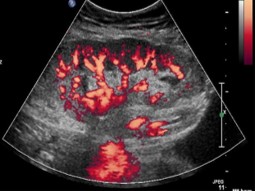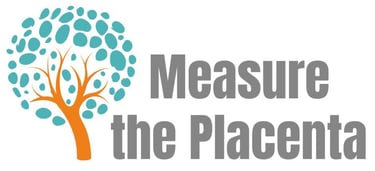
Advanced ultrasound diagnostics for precise tissue perfusion analysis that will enable a transformation in care
Innovative Technology
Multiple Applications
Cancer Detection
Revolutionizing prostate and ovarian cancer diagnostic methodologies
75% of prostate biopsies (£1,000+) are negative driven by overdiagnosis due to false positives driven by PSA testing.
Ovarian cancer has higher mortality than breast and prostate cancer due to non-specific symptoms, lack of effective screening tests, anatomical location, misdiagnosis and late onset of symptoms.
Obstetrics Insights
Automated analysis for enhanced obstetric care and outcomes
Fetal Growth Restriction (FGR) Affects ~10% of all births. 50% of those monitored do not suffer FGR and 8% of FGR cases are undiagnosed until birth. Missed FGR accounts for about 50% of all stillbirths before 34 weeks of gestation and drives higher risk for a range of major complications.




Nephrology Solutions
Improving kidney health assessments through advanced imaging techniques
Estimated Glomerular Filtration Rate (‘eGRF’) requires a blood sample and suffers from variability. More importantly it is an indirect measure that may not be accurate across ethnic groups and different body types. Cortical perfusion correlates to GFR, work is underway to improve measurement of GFR using this cost-effective, simple assessment.
Validated quantification of tissue perfusion for better diagnostics
We characterize tissue perfusion to give reproducible metrics that allow us to better detect and characterise disease.
Comprehensive Analysis




Ann O'Neill, Executive Director and Alicia Loehlein, Associate Director
Co-Founders, Measure the Placenta, USA
"As a patient advocacy group focused on identifying issues with the placenta during pregnancy, we are incredibly excited about the potential of Oxailis' AI-driven ultrasound technology to revolutionize pregnancy care. Identifying complications early in pregnancy would lead to improved outcomes for both mothers and babies, as well as reducing medical costs. We can only wish this was available during our pregnancies, as our babies' outcomes could have been drastically different"


Oxailis Ltd
Company number 16239918
Registered Office: 8 King Edward Street, Oxford, UK OX1 4HL
Tel: +44 (0) 7496896782
© 2025. All rights reserved.
Oxailis products are not yet regulated for sale in the United States

Contact us
Keep updated
